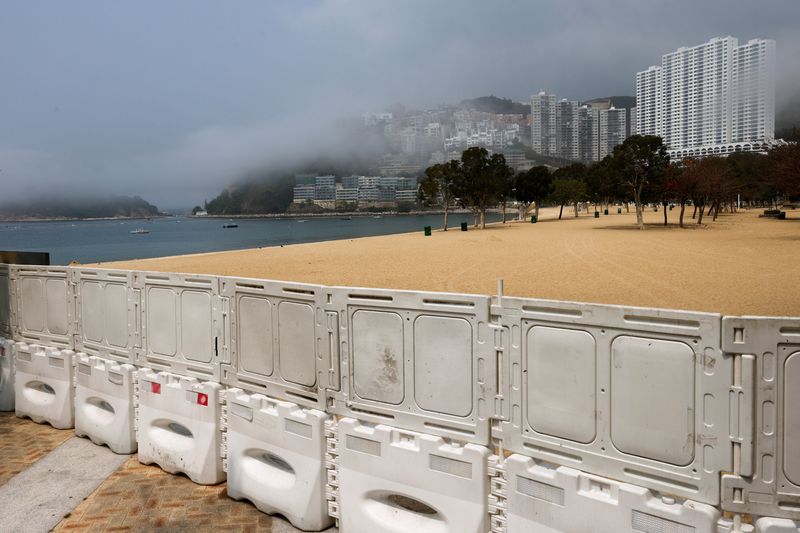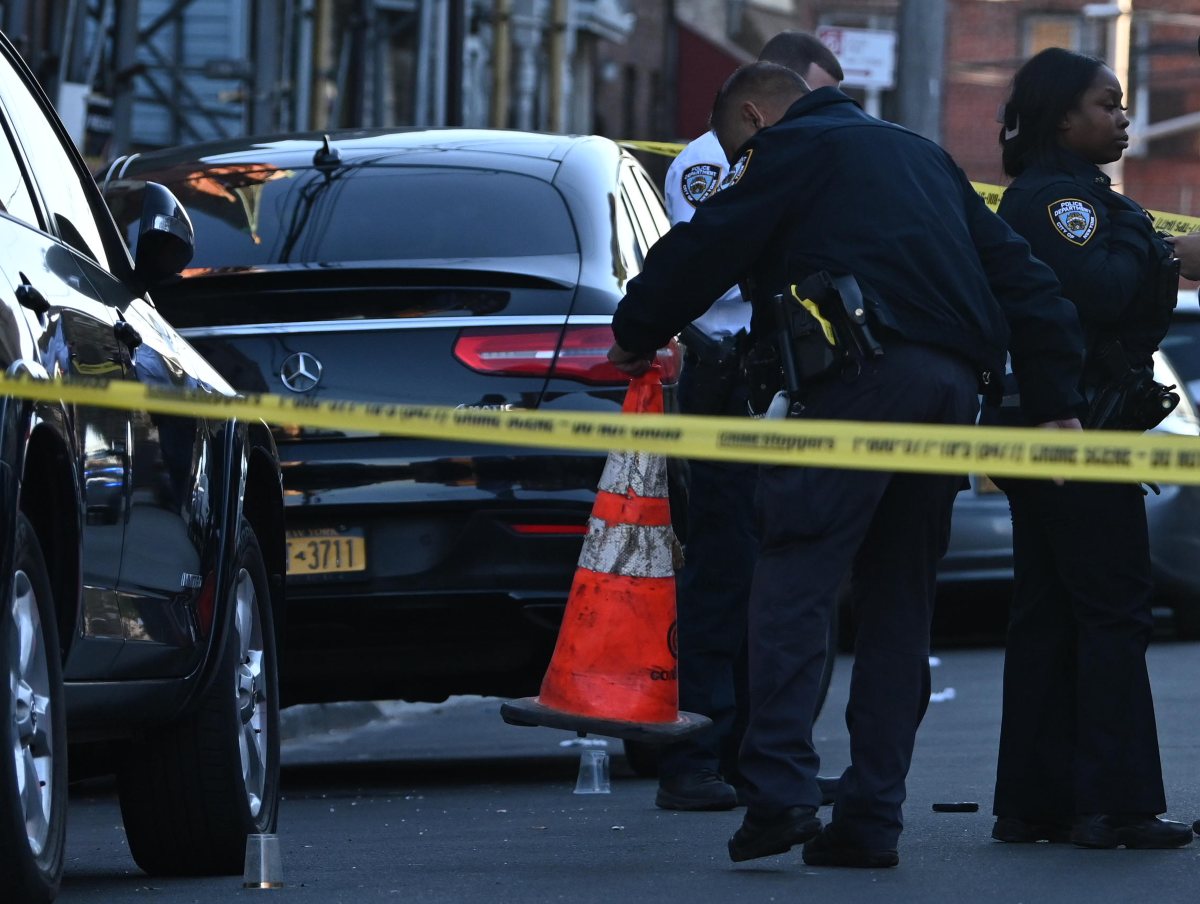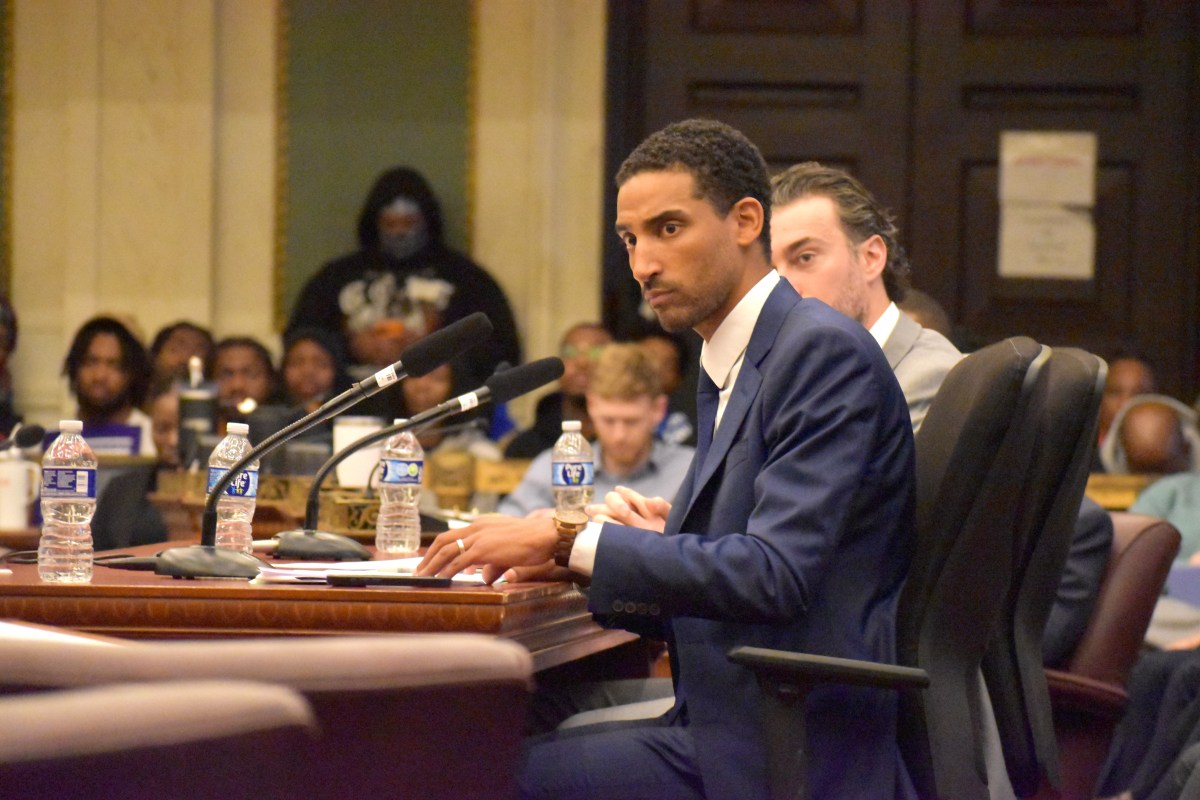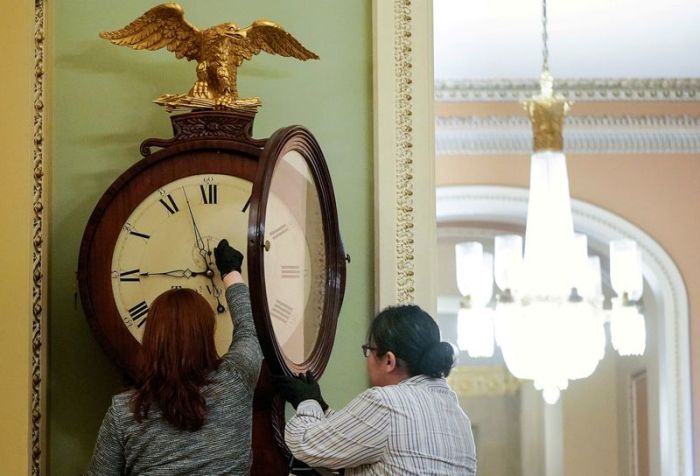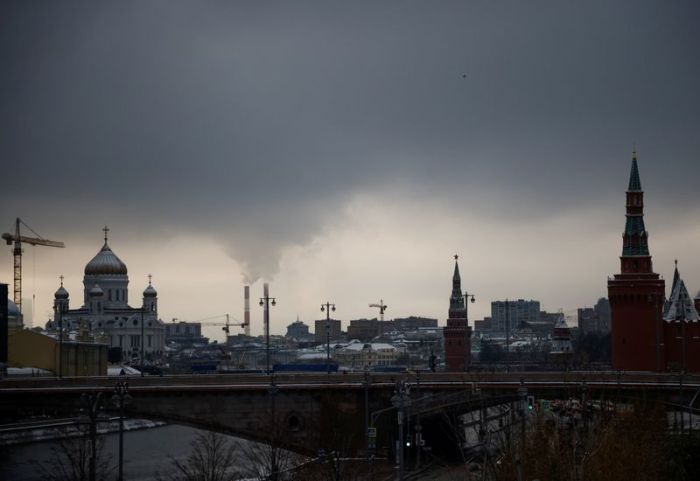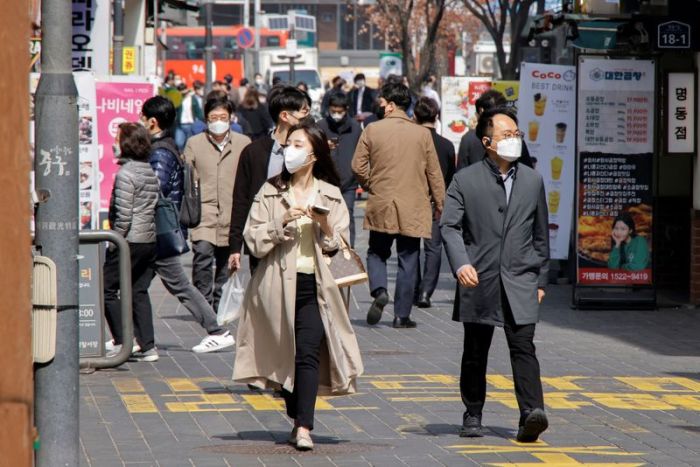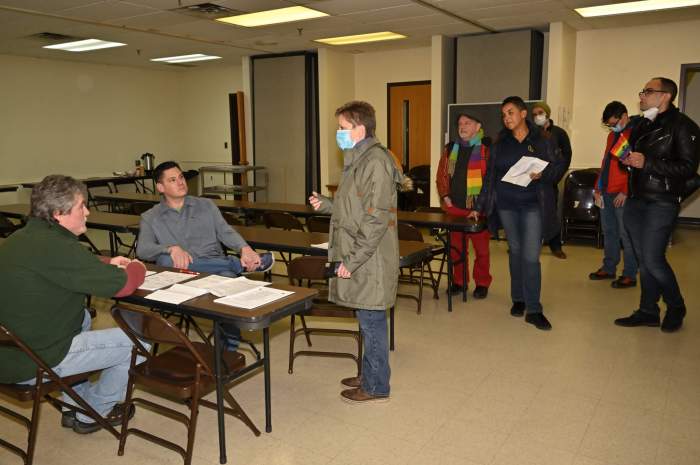HONG KONG (Reuters) – Hong Kong reported about 20,000 new coronavirus cases on Friday as health experts called for a clear way out of a “zero COVID” policy that has left the city isolated.
Densely populated Hong Kong has registered the most deaths per million people globally in recent weeks.
But restrictions, including a ban on flights from nine countries such as Britain and the United States, quarantine of up to 14 days for residents returning to Hong Kong, and the closure of schools, gyms, beaches and other venues, have frustrated many.
Hong Kong leader Carrie Lam said on Thursday she would provide an update on restrictions around March 20-21 rather than wait for them to expire on April 20. She acknowledged financial institutions were “losing patience” with COVID-19 policies.
On Friday, health authorities reported 20,082 COVID-19 cases, and 206 deaths. Daily cases have been hovering around 20,000-30,000 in recent days, although some experts say the real figure is significantly higher as many people test positive at home and do not report their result to the government.
There have so far been more than 1 million confirmed cases, and more than 5,000 deaths. But about half of the city’s 7.4 million residents have likely been infected, a study from the University of Hong Kong estimated this week.
Many of the recent deaths are due to a large proportion of elderly people being caught unvaccinated after living in a relatively virus-free city for two years before the Omicron variant emerged.
With future outbreaks seen as inevitable, Hong Kong must make plans to eventually live with the virus, rather than insisting on eradicating all outbreaks, some epidemiologists say.
Mainland China, which has similar COVID policies, is also battling its worst outbreak since the virus first emerged in Wuhan in 2020. It reported 2,388 new local cases with confirmed symptoms on Thursday, almost double the count a day earlier.
President Xi Jinping signalled on Thursday that the “dynamic clearance” policy to contain the outbreak would not be ditched.
(Additional reporting by Jessie Pang; Writing by Marius Zaharia; Editing by Hugh Lawson and Angus MacSwan)

